annonces
Dermal Fillers / Mouthand Lips
Dermal Fillers / Mouthand Lips
Dermal Fillers
Ageing is unstoppable, resulting in changes in all structures and the skin is no exception. Multiple environmental factors can also affect skin quality. Fine lines and wrinkles develop, the natural volume is depleted, glandular activity is reduced and the skin becomes drier.
The best solution to improve the skin aesthetics is volumenisation to create definition.
Available options for this type of treatment are autologous (your own) fat, as well as synthetic agents, the most user-friendly of which is hyaluronic acid – the main ingredient in Dermal filler injections.
Main facial areas that benefit from dermal fillers
Between Eyebrows
Cheeks
Forehead
Mouthand Lips
Mouthtochinlines
Nosetomouthlines
Now a very popular treatment in the UK, Dermal Fillers restore volume and fullness to the skin, correcting facial wrinkles and folds. This non-surgical treatment has had a very positive impact on many of our patients, improving not only their physical appearance but also increasing self-esteem and confidence.
Natural cosmetic dermal fillers: Juvederm, Restylane&Teosyal
At Wentworth Clinic we offer our dermal filler procedure to both male and female patients, using autologous fat, as well as safe and natural cosmetic dermal fillers that include: Juvederm, Restylane and Teosyal – each of these well-known, trusted brands of filler are made from hyaluronic acid, a natural substance that already exists within the human body.
Find out more about our dermal filler procedure below, or if you’d like to speak to one of the Wentworth team about your upcoming appointment, please call us on 01202 422171, or fill out one of our contact forms and one of the staff will respond to your enquiry shortly.
Private Consultation - Dermal Fillers
Initial Consultation with our Skincare Surgeon
Our qualified surgeon will examine your skin and recommend the best possible filler for you.
The benefit of using your own fat is that large areas can be volumenised with minimal side effects.
50% of the grafted fat will survive by taking on local vascularity.
We will explain the procedure to you, including the benefits and down time of the treatment.
Once you are happy with your treatment plan then we will go ahead and schedule your dermal filler appointment at our Clinic in Bournemouth, or the Harley Street location.
ost Treatment Care - Dermal Fillers
Hyaluronic Acid Treatment
If hyaluronic acidfiller is placed, you can return to work immediately.
Fat Augmentation Treatment
If fat augmentation treatment is carried out you will experience some down time and should take leave for approximately 7 days.
Full information and instructions will be provided to you at the time of your consultation at the clinic.
Reactions to Treatment - Dermal Fillers
Please be aware that you may experience some of the following reactions after your JUVÉDERM®, Restylane, or Teosyal injections:
Inflammatory reactions – (redness, oedema, erythema, etc) which may be associated with itching and/or pain on pressure, occurring after the injection – these reactions may last for up to a week.
Haematomas.
Induration or Nodules at the injection site.
Staining or discoloration of the injection site.
Poor effect or weak filling effect.
Cases of necrosis in the glabellar region, abscesses, granuloma and immediate or delayed hypersensitivity after hyaluronic acid and/or lidocaine injections have been reported. It is therefore advisable to take these potential risks into account.
Patients must report inflammatory reactions which persist for more than a week, or any other side effect which develops, to their medical practitioner as soon as possible.
FAQ's – Dermal Fillers
What is the difference between anti-ageing injections and dermal fillers?
Whilst anti-ageing injections relax the muscles and soften the skin, a dermal filler injection will fill the space where lines and wrinkles have appeared, and unlike collagen products, these fillers are free from animal products.
What is the most common synthetic filler?
Hyaluronicacid
How do dermal fillers work
Restylane and Juvedermmaintains the shape using the bodys’ own moisture. The hyaluronic acid gradually degrades and each molecule binds to more water, over time the same volume can be maintained with less hyaluronic acid. This ability of hyaluronic acid to bind to water is what helps provide lasting results.
Is treatment painful?
This varies from patient to patient as we all have a different threshold to pain. There may be some discomfort as the filler is injected directly into the skin. To aid with your comfort, your Surgeon may numb the area prior to treatment. And if Juvederm is the filler being used then this already has local anaesthetic in it.
How long does a dermal filler treatment last?
Results are immediate, and generally, our dermal filler treatments last approximately 6 months, though it does vary from patient to patient.
What To Do, & What To Avoid, Before Your Fillers Treatment
In order to reduce the amount of bruising and/or swelling from the injection sites, please follow the instructions below.
Avoid blood thinning over-the-counter medications such as Aspirin, Motrin, Ibuprofen, and Aleve for 1 week prior. Please consult your physician if you are taking Aspirin for medical reasons!
Avoid supplements including St. Johns Wort, ginko biloba, primrose oil, garlic, ginseng, and Vitamin E for 1 week
Avoid topical products such as Tretinoin (Retin-A), Retinols, Retinoids, Glycolic Acid, or any "Anti-Aging" products for 3 days prior
Avoid waxing, bleaching, tweezing, or hair removal cream on the area to be treated for 3 days prior
Do not drink alcoholic beverages for 24 hours prior to treatment
If you have previously suffered from facial cold sores, there is a risk that the needle punctures could contribute to another eruption of cold sores. Please let Dr. Janowski know if you are prone to cold sores.
Do not use dermal fillers if you are pregnant or breastfeeding, are allergic to any ingredients, or suffer from neurological disorders. Please inform us if you have any questions about this prior to your treatment.
Day of Treatment
Arrive to the office with a "clean face" - washed and without makeup.
In order to maximize your comfort during the procedure, a topical anesthetic may be applied. In some cases, a local numbing medication will be injected into or around the area(s) to be treated
Within the First Hour of Treatment
Immediately after the treatment, there may be redness, bruising, swelling, tenderness, and/or itching near the injection site. Avoid itching, massaging, or picking around the injection site. This is normal and generally disappears within a few hours to a few days. If these symptoms last more than 3 days, please contact our office.
We will provide you with ice, arnica cream and tablets, and bromelain tablets - all of which can reduce or resolve potential bruising
You may take acetaminophen (Tylenol) to reduce any pain as necessary
Within 6 to 10 Hours of Treatment
Avoid drinking alcohol or partaking in strenuous exercise, as it may result in additional bruising.
Until the swelling and redness have resolved, avoid intense heat in the treated area(s). This includes sunbathing, tanning, saunas, hot tubs, or hot wax. Also avoid extreme cold such as skiing or other winter sports.
To help alleviate bruising, we recommend the topical application of Arnica - a natural ointment commonly used to reduce bruising. You can find this in the natural foods section of your grocery store, or at local pharmacies. We will also provide you with some in our office.
Minimize movement of the treated area(s). However, if there is a visible bump, you can massage the area. Depending on the areas treated and the product used, you may feel "firmness". These areas will soften and settle with time (usually 1-2 weeks)
Sunscreen and makeup can be applied, and the area can be gently washed with a gentle cleanser. Dr. Janowski recommends using a sensitive cleanser such as the Sanitas product line or Cetaphil to avoid additional skin irritation.
Bournemouth Clinic
1 Fishermans Avenue,
Southbourne, Bournemouth,
Dorset BH6 3SQ.
Tel: 01202 422171
London Clinic
Harley Street Clinic,
16 Devonshire Street,
London W1G 7AF
Tel: 0203 417 3891
info@wentworthclinic.co.uk
- Emily
- la Ville
- Bournemouth
- Country
- United Kingdom
- Adresse
- 16 Devonshire Street, London
W1G 7AF
Montrer sur la carte - Numéro de téléphone
- Montrer le numéro de téléphone
- Montrer le courrier électroniqueCette adresse e-mail est protégée contre les robots spammeurs. Vous devez activer le JavaScript pour la visualiser.
- Type de l'annonce
- Recherche d'emploi
- Catégorie
- Health and Beauty Services
- Subcatégorie
- Botox and Dermal Fillers
- La date de création
-
jeudi 11 octobre 2018
il ya 7 ans et 4 mois - Quantité de visionnages
- 3863
- ID de l'annonce
- 1522






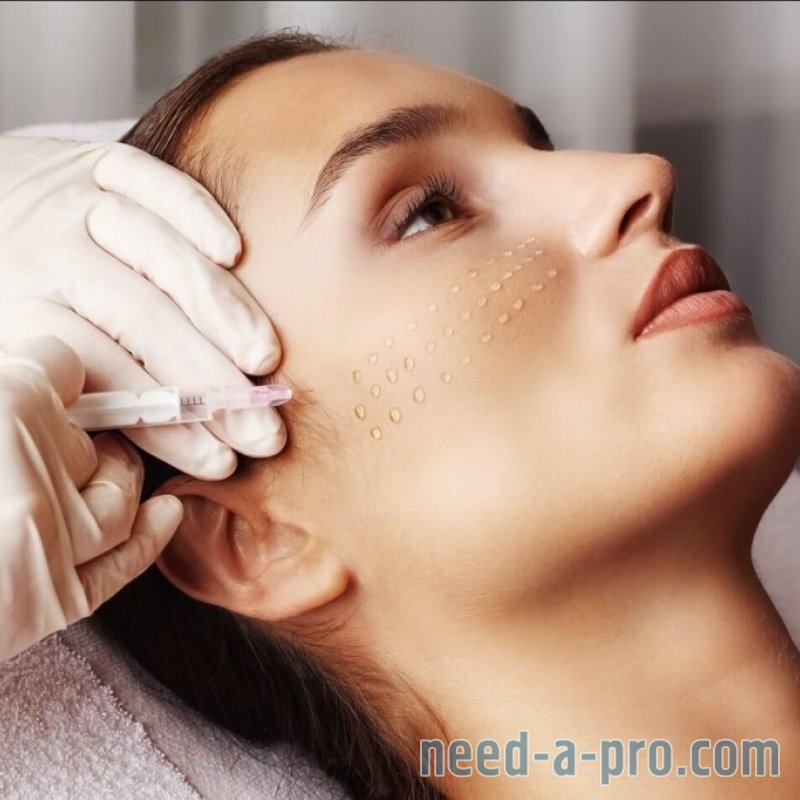
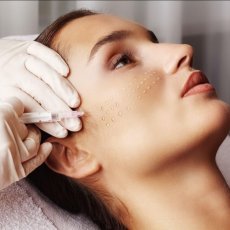
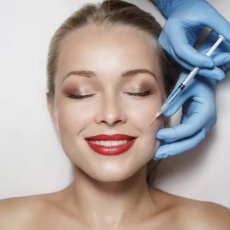
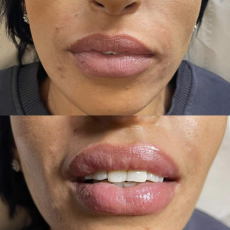
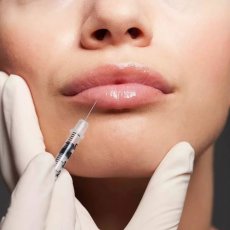
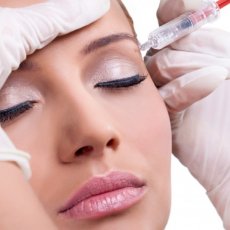
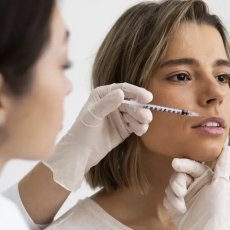
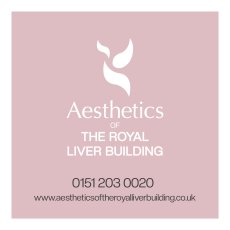

 Vectora Design
Vectora Design